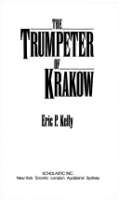
A Polish family in the Middle Ages guards a great secret treasure and a boy’s memory of an earlier trumpeter of Krakow makes it possible for him to save his father.
Materials from Poland

A Polish family in the Middle Ages guards a great secret treasure and a boy’s memory of an earlier trumpeter of Krakow makes it possible for him to save his father.
When he puts on his sailor suit, sailor hat, and sailor whistle, the boy in this book is ready for a journey. He imagines himself on a ship, sailing across the sea, in search of treasure. A sailor’s life is dangerous. But a sailor must be brave no matter what happens. In this story about imagination and adventure, told with Uri Shulevitz’s signature playfulness and style, a little boy learns how to be courageous, both on the high seas and at home.
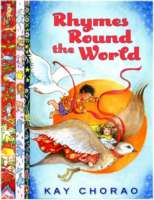
Sweet and full of wonder, from catchy to quiet, children’s poems captivate readers of all ages. Here, familiar nursery rhymes and folk songs join poetry selections from many traditions. Recall old favorites and discover new poems, from Poland to Mozambique, Japan to Mexico, and every corner in between. Cheerful illustrations capture the beauty of diversity the world over.
A collection of black-and-white photographs offers a dramatic portrait of the Peace Corps teachers, business specialists, and other volunteers in the ex-Communist countries of Eastern Europe.
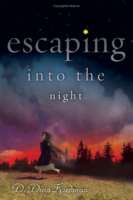
Thirteen-year-old Halina Rudowski narrowly escapes the Polish ghetto and flees to the forest, where she is taken in by an encampment of Jews trying to survive World War II. Based on historical events, this gripping tale sheds light on a little-known aspect of the Holocaust: the underground forest encampments that saved several thousand Jews from the Nazis.
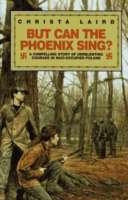
Escaping the Warsaw Ghetto to a life of danger and freedom as a partisan in the forest of Parczew, fourteen-year-old Misha Edelman learns a harsh lesson about survival that parallels the story of the mythical phoenix.
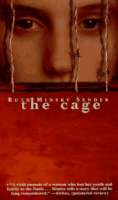
A teenage girl recounts the suffering and persecution of her family under the Nazis–in a Polish ghetto, through deportation, and in concentration camps.
When her German hometown becomes part of Poland after World War I, Lene, a young German Jew, struggles to come to terms with the anti-Semitism and anti-German hatred that seems to be growing around her.
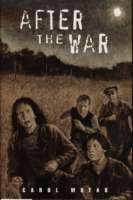
“Didn’t the gas ovens finish you all off?” is the response that meets Ruth Mendenberg when she returns to her village in Poland after the liberation of Buchenwald at the end of World War II. Her entire family wiped out in the Holocaust, the fifteen-year-old girl has nowhere to go. Members of the underground organization Brichah find her, and she joins them in their dangerous quest to smuggle illegal immigrants to Palestine. Ruth risks her life to help lead a group of children on a daring journey over half a continent and across the sea to Eretz Israel, using secret routes and forged documents — and sheer force of will.
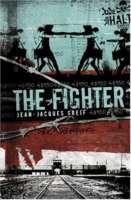
Fighting is a way of life for Moshe Wisniak. As a boy from a very poor neighborhood in Warsaw, he can’t run away when Polish kids attack the Jews, because his legs are weak. So he learns to use his fists, his head and other weapons to defend himself and his brothers. When the family moves to Paris in 1929, everyone finds work and life improves slowly. Moshe, now Maurice, is a leather worker and a young husband. At a Jewish sports club, he takes up boxing, and becomes an amateur flyweight. But the war comes to Paris, and by 1942, the French police round up foreign Jews and the Germans deport them by the hundreds every day. They send Maurice to the death camp at Auschwitz. In the camp, SS officers sense Maurice’s strength. They command him to box against a dying prisoner. Now Maurice is faced with an impossible moral dilemma: kill the prisoner or be killed by the SS for refusing to obey them. Translated from French by award-winning author Jean-Jacques Greif, The Fighter isn’t simply another book about the Holocaust. It is a book about a hero who discovers the death-defying power of his own humanity.
Take a closer look at The Fighter as examined in WOW Review.